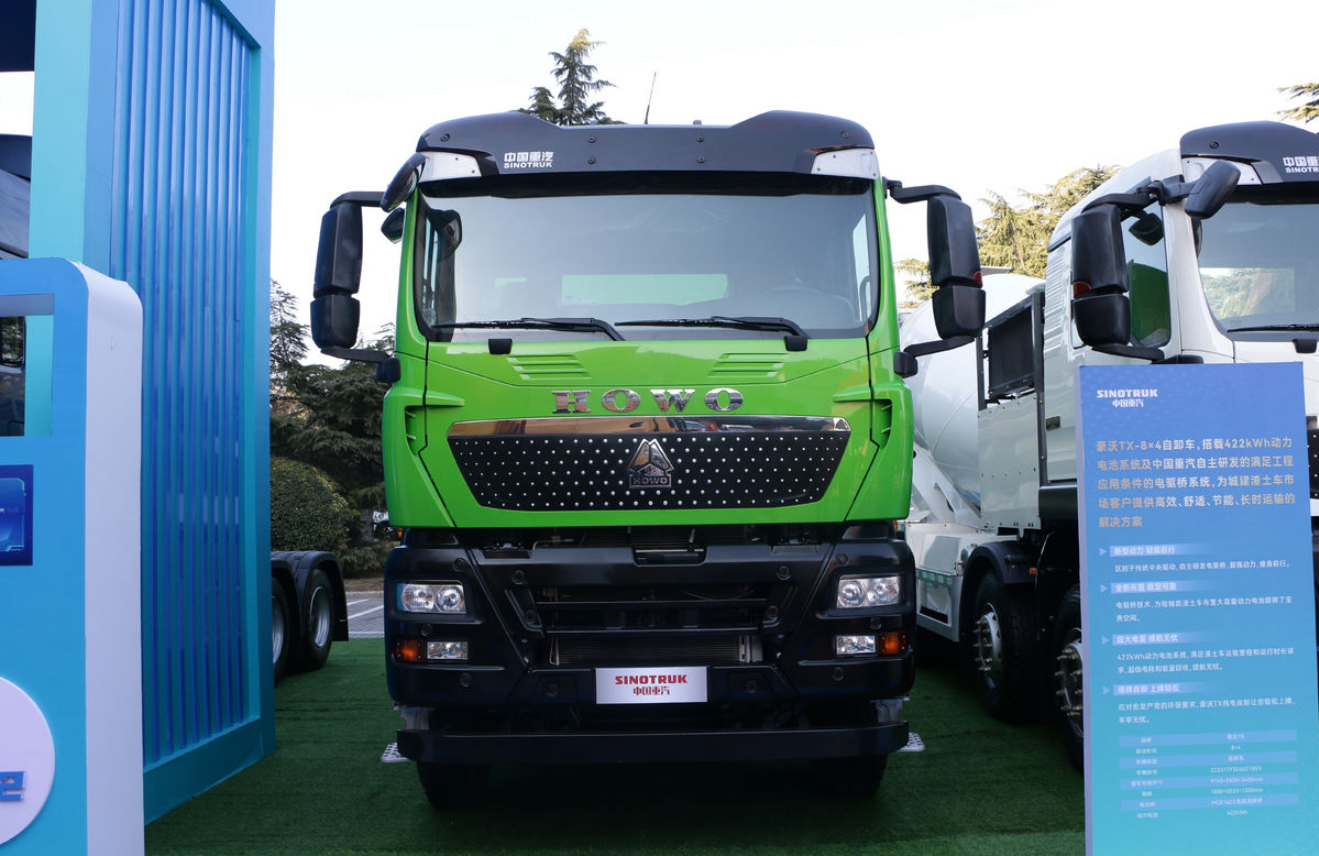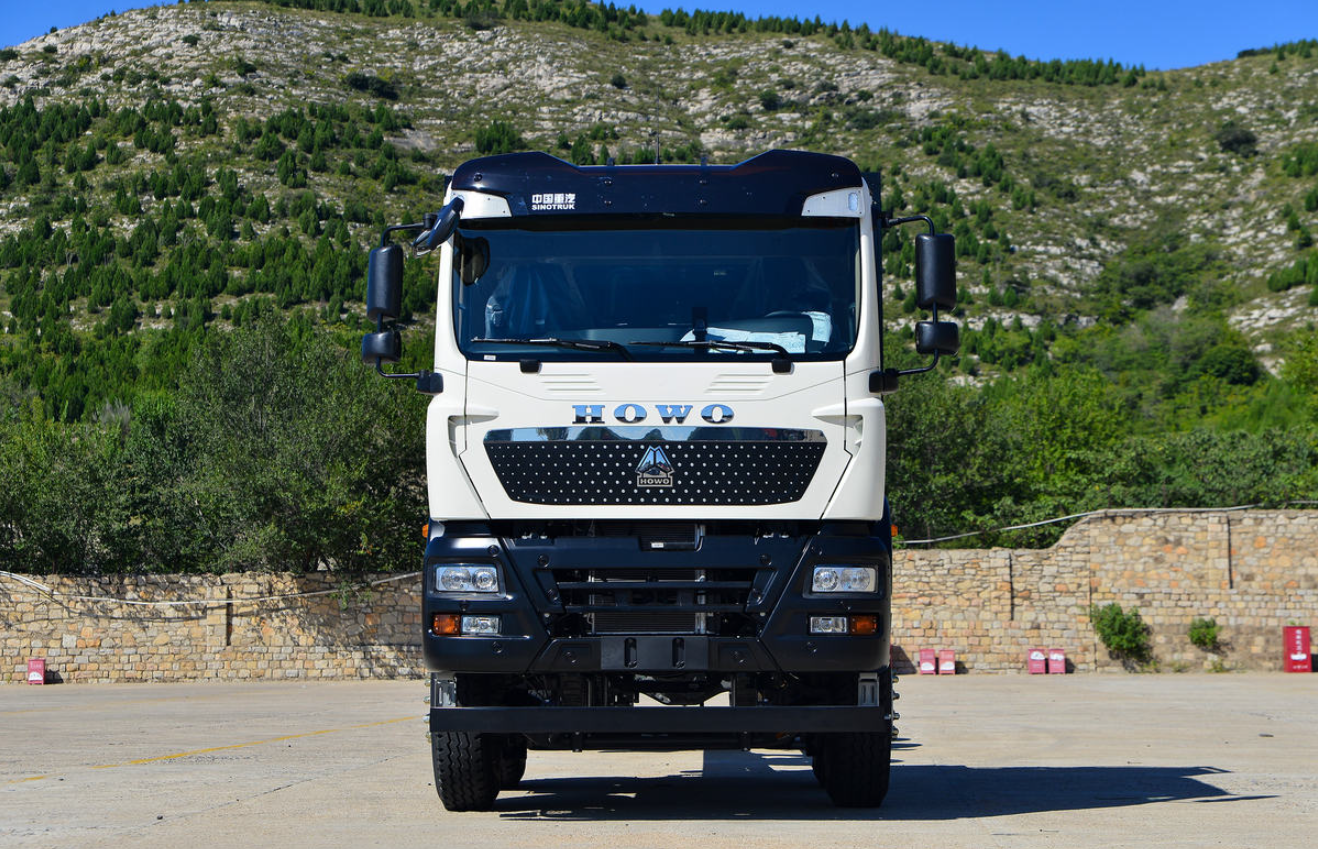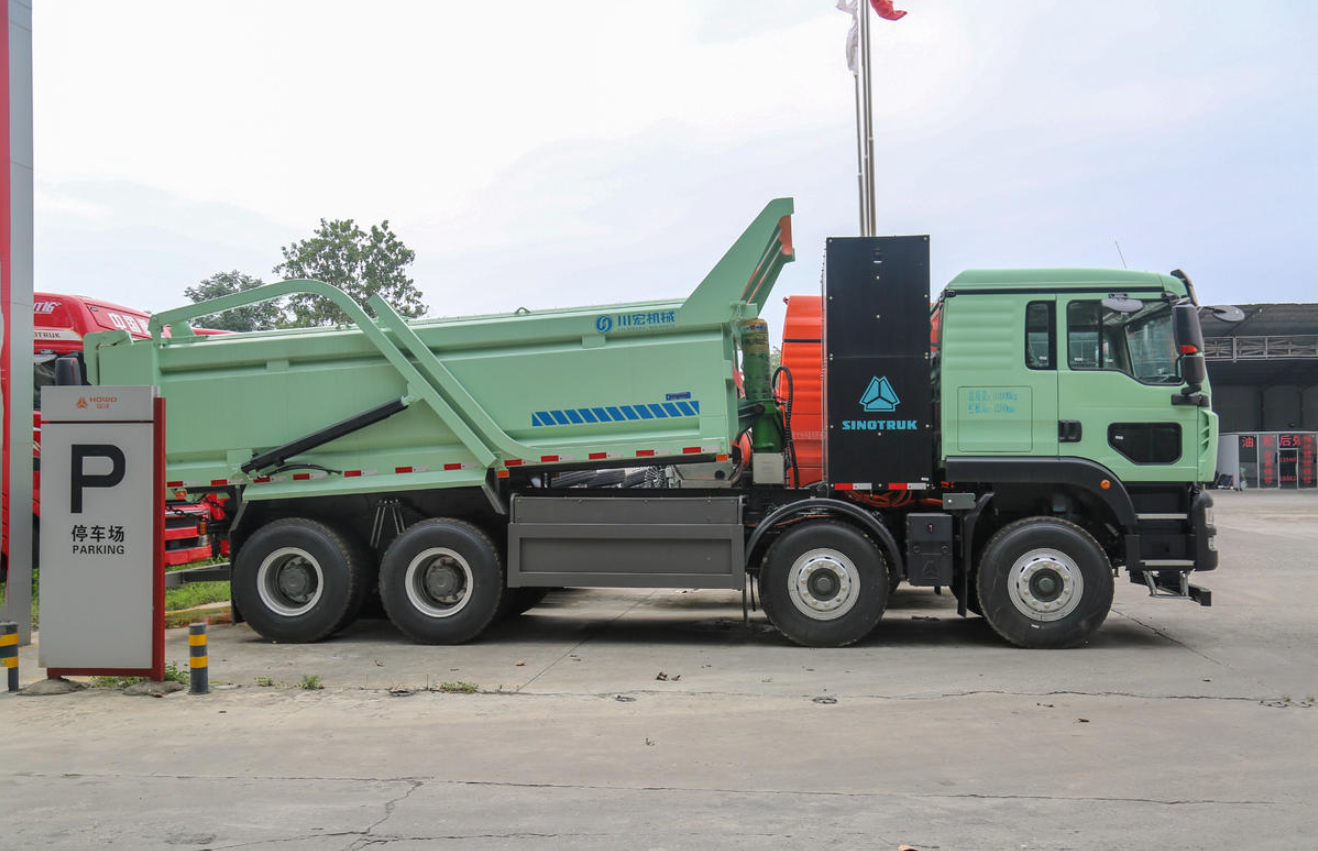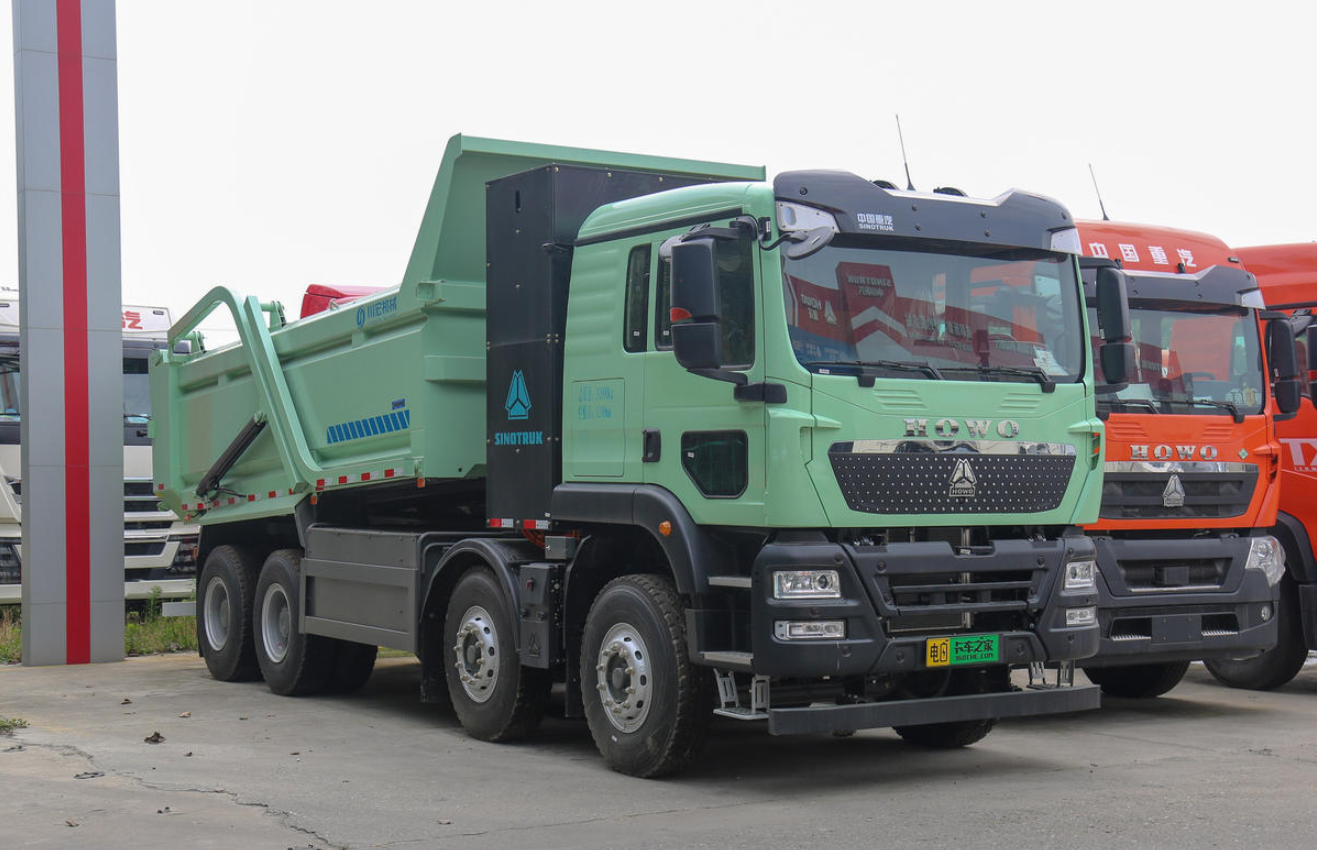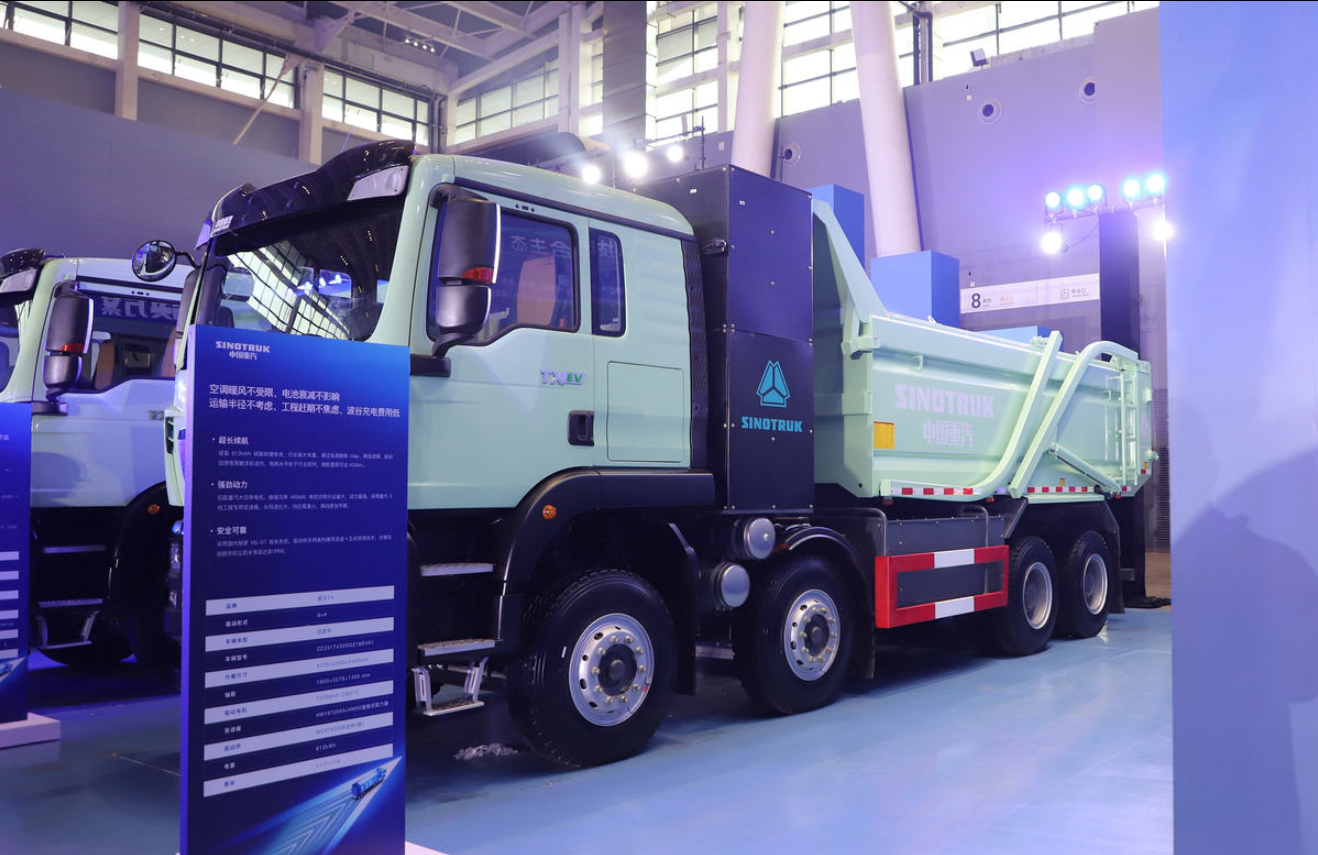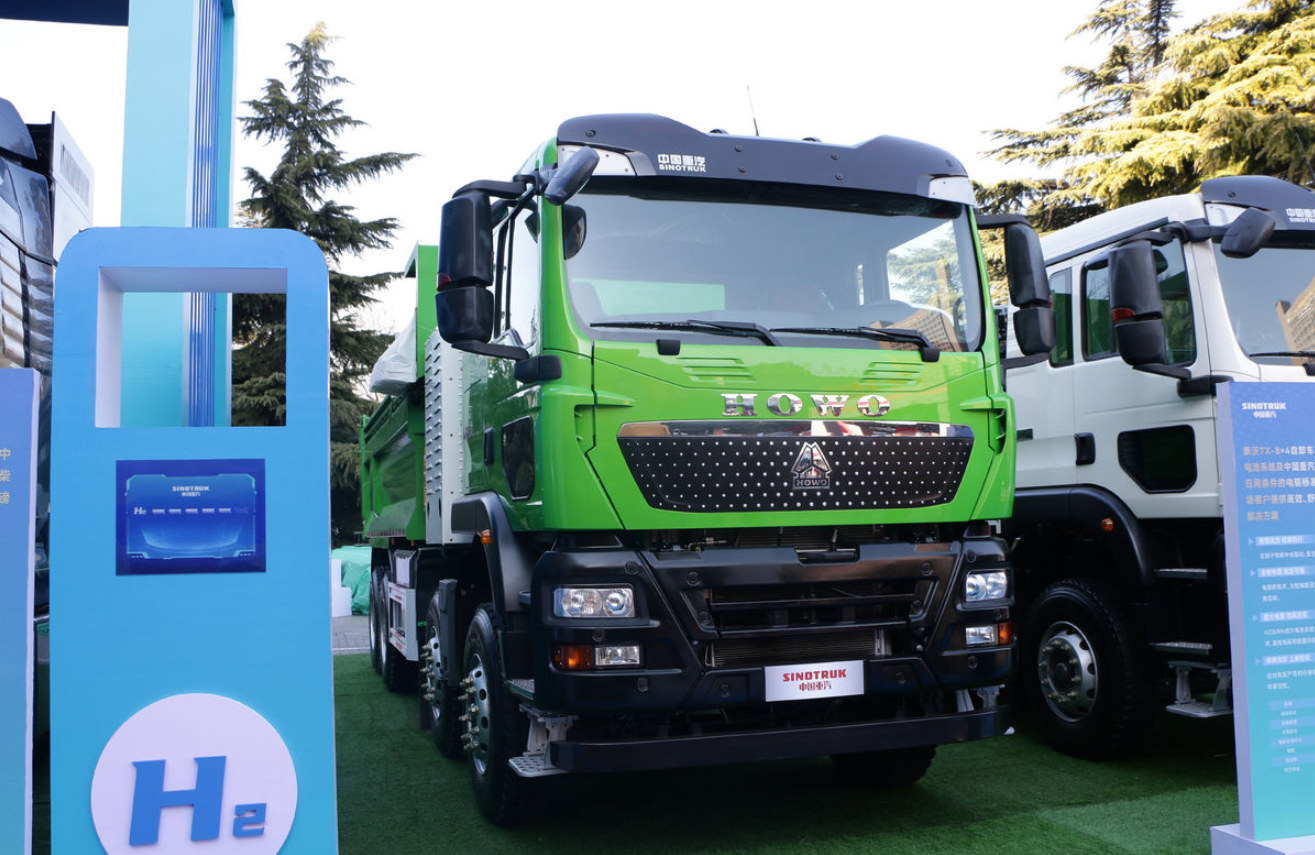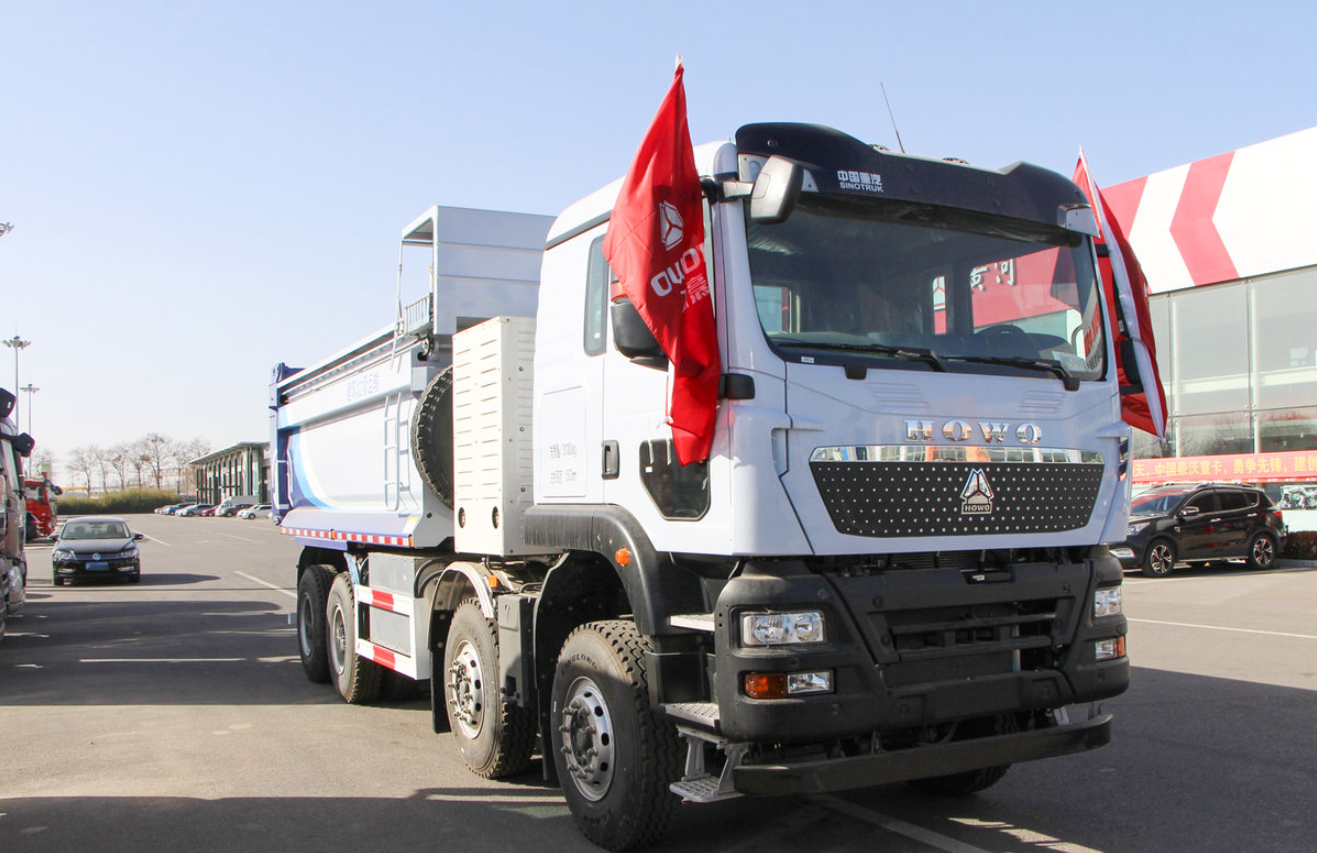In the rapidly evolving landscape of global trucking, Germany's MAN Truck & Bus has taken a groundbreaking step by testing its ATLAS - L4 autonomous truck on public highways, a milestone with far - reaching implications for China's truck industry. While the test occurred in Europe, its significance extends to China, where automation and intelligent transportation are gaining momentum.
Autonomous driving is no longer a niche concept but a tangible reality transforming logistics. MAN's achievement—being the first in Europe to test a Level 4 autonomous truck on a highway—highlights the accelerating shift toward smarter, safer transportation. For China, a country with a massive trucking fleet and growing demand for efficient logistics, such advancements offer valuable lessons in enhancing road safety and operational efficiency.
The ATLAS - L4 project focuses on solving real - world challenges: reducing traffic accidents, optimizing fuel efficiency, and addressing driver shortages. These goals align closely with China's priorities, where heavy trucks account for a significant portion of road accidents and logistics costs. MAN's use of LiDAR, advanced sensors, and integrated systems like OptiView mirrors demonstrates how hardware and software integration can elevate safety and automation levels.
China's truck industry is at a crossroads of technological adoption. While closed - loop scenarios like ports and logistics parks have seen early autonomous trials (e.g., Tianjin Port), open - road autonomy remains a frontier. MAN's experience showcases the importance of collaborative R&D, as seen in their partnerships with HHLA and Deutsche Bahn, a model that Chinese manufacturers can emulate. Additionally, the project's emphasis on reducing CO₂ emissions and fuel consumption resonates with China's green logistics initiatives.
MAN's compliance with stringent European regulations and their 133 patent applications underscore the need for robust technical and legal frameworks. In China, where standards for autonomous driving are still evolving, such examples highlight the importance of harmonizing innovation with safety norms. The integration of features like pedestrian detection and automatic braking also sets a benchmark for Chinese OEMs aiming to improve active safety systems.
As China pushes for smarter transportation, technologies like ATLAS - L4 offer a blueprint for integrating autonomy into heavy trucks. While challenges like regulatory approval and infrastructure readiness remain, the project proves that high - level autonomy is achievable and beneficial. For Chinese truck manufacturers and logistics companies, adopting such innovations could lead to reduced operational costs, fewer accidents, and a competitive edge in a globalizing market.
MAN's ATLAS - L4 project is more than a European milestone; it's a signal to the world, including China, that autonomous trucking is viable and transformative. As China continues to invest in intelligent transportation, lessons from global leaders like MAN will be pivotal in shaping the future of its trucking industry—safer, more efficient, and ready for the challenges of tomorrow.










